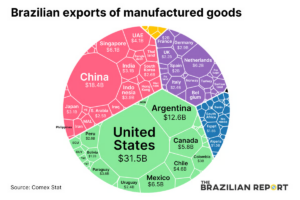Briefly: A court in Indonesia has this week overturned a ruling by a lower court last month that would’ve delayed the country’s upcoming election by two years. Elections will now take place on 14 February 2024 as originally planned.
And there’s a lot to decide between now and then. Sitting President Joko Widodo, who’s presided over a ten-year period of mostly steady growth and infrastructure development, is term-limited and can’t run. Polls show a tight race between Widodo’s own Indonesian Democratic Party of Struggle (PDI-P) and the right-leaning populist Gerindra Party, which came second in the country’s two previous elections.
But despite the tight race, politicians and voters across the political spectrum joined in opposing the lower court’s attempt to delay voting day. Even Widodo, whose supporters in the legislature floated the idea of extending his term, strongly opposed the decision and promised to vacate the presidency.
Stay on top of your world from inside your inbox.
Subscribe for free today and receive way much more insights.
Trusted by 134,000+ subscribers
No spam. No noise. Unsubscribe any time.
Intrigue’s take: Democracy is usually hard-won and easily lost. Indonesians lived through decades of authoritarian rule until the fall of President Suharto’s New Order regime in 1998. The broad outcry against the lower court’s initial ruling suggests Indonesians won’t give up their democratic rights without a fight.
Also worth noting:
- PDI-P’s possible candidate, Ganjar Pranowo, has slid in the polls after his comments against Israeli participation in the Under 20 FIFA World Cup were blamed for Indonesia losing the Cup’s hosting rights.
- Indonesia has charted an independent foreign policy under President Widodo, seeking to avoid getting too close to either China or the US.








